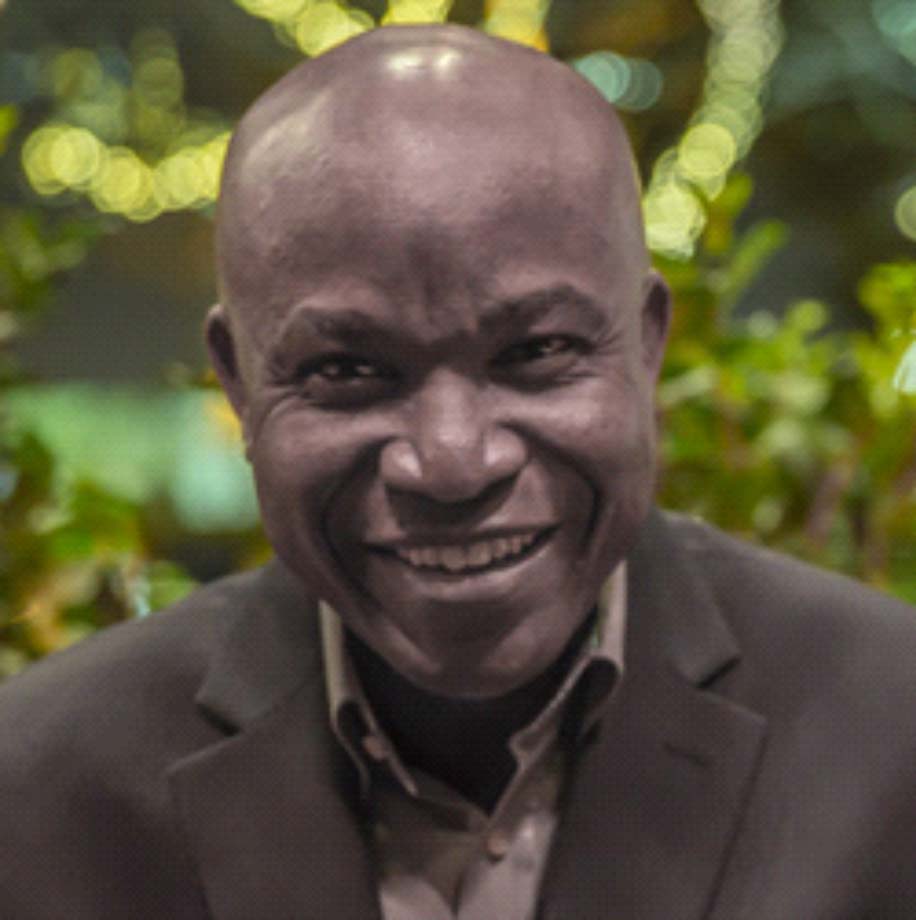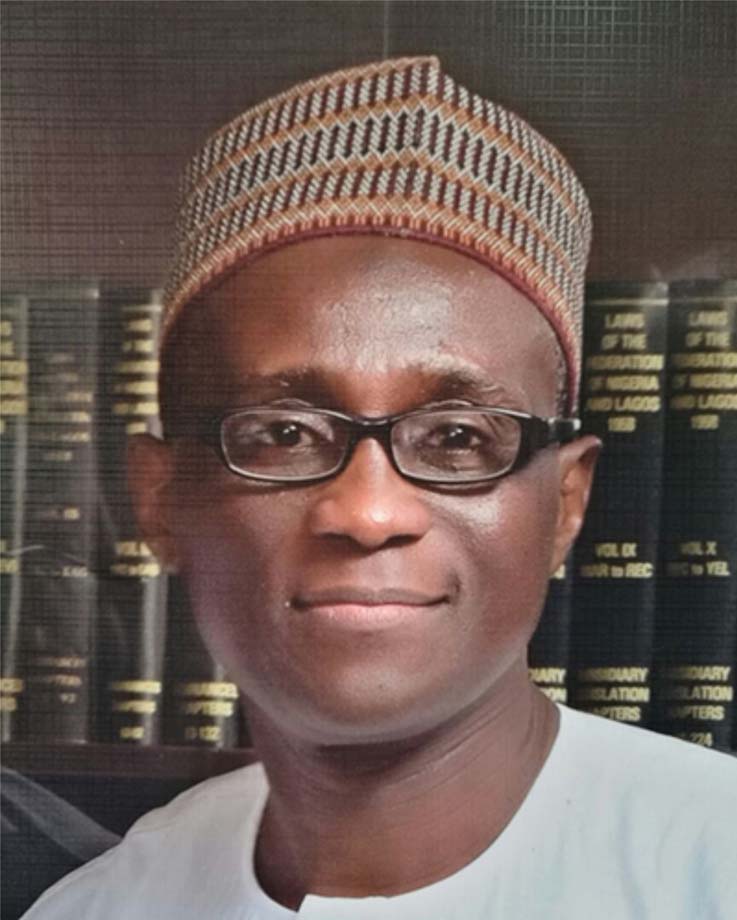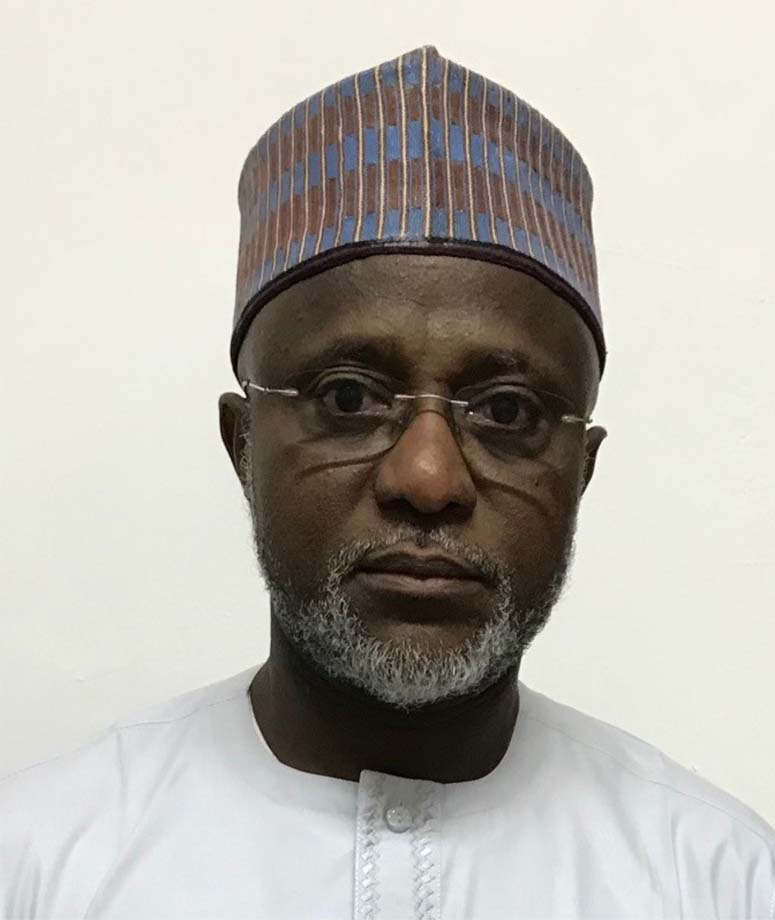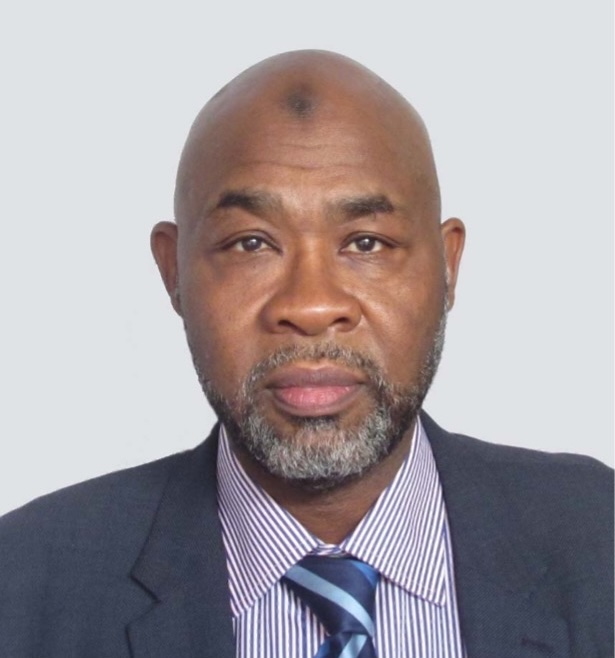The Gusau Institute
The GI was established based on the firm belief that Africa needs a world-class centre of philosophy and learning which is global in its orientation and yet able to achieve a unique perspective, based on its location and the Afro-centric source of its modus vivendi. Africa does not need merely another “African institute” which focuses on African issues. It needs a body which comprehends the impact of global issues on Africa, and analyses the courses of possible action which may successfully address the many human security problems that plague both the continent and the rest of the international community.
Developing long-term working relationships and partnerships with like-minded international entities – whether corporate, governmental or non-governmental – is one of the GI’s core objectives. Fostering strong international relationships are paramount in ensuring sustainability and future growth.
About the Founder
Lt Gen Aliyu Gusau Mohammed (Rtd) served as Nigeria’s National Security Adviser (NSA) under successive Presidents including Ibrahim B Babangida, Olusegun Obasanjo, and Goodluck Ebele Jonathan. Highlights of his career include serving as Military Governor, Director Military Intelligence (DMI), Chief Defence Intelligence (CDI), Coordinator on National Security (CONS), Commandant Nigeria Defence Academy (NDA), Chief of Army Staff (COAS), and Honourable Minister of Defence (HMOD).
General Mohammed has always been an avid seeker of knowledge and a bibliophile who acquired a vast collection of unique books, records and archives over his 40 years of service. During his career he was able to gather an impressive number of rare documents into a sizeable collection focusing on the fields of military affairs, international politics, the intelligence arts, strategic studies and geo-politics. This collection (and future additions) acts as the core collection of the Aliyu Mohammed Research Library (AMRL) based at the Institute. It is our expectation that in time the AMRL will become the preferred African Research Facility and Information Centre for selected scholars with a specific interest in the above-mentioned fields. Its aim furthermore is to foster excellence in all aspects of good governance. It is easily the biggest private Research Library in Nigeria.

Steering Committee
Mr. Emeka Izeze
(Member, GI Steering Committee)
Read more

General Saleh Bala (Rtd)
(Member, GI Steering Committee)
Read more

Major Abubakar Yusuf (Rtd)
(Member, GI Steering Committee)
Read more

Mrs. Marlene Maritz
(Director)

Notable Contributors

Tribute to Ambassador Ahmed Magaji
Today, we honour the remarkable legacy of Ambassador Ahmed Magaji, a distinguished member of the Gusau Institute (GI) Steering Committee and stalwart of Nigerian diplomacy, who died on Monday, 14 October 2024. With degrees in Political Science and International Affairs from Ahmadu Bello University (ABU) Zaria, Ambassador Magaji dedicated over half of his life to the Nigerian Foreign Service, leaving an indelible mark in all the countries where he served.
Read more
Knowing and working with Magaji was a journey in itself–a journey into the expansive knowledge of a classical man of the world: urbane, cultured, witty, highly cerebral and yet with an uncanny ability to mix with every segment of the population. It was also a journey into the overwhelming influence of a man who always seemed to know the right people to contact, and always able to communicate complex matters in a language and style easy to understand and accept. These were qualities that made Ambassador Magaji indispensable to the powerful leaders for whom he became a veritable asset.
The diplomatic journey of Magaji took him across the globe, with key postings in Jeddah, Nairobi, Rome, London, and São Tomé and Principe. As Deputy Head of Mission in Saudi Arabia and later as Nigeria’s Ambassador to São Tomé and Príncipe, Magaji exemplified professionalism and commitment to fostering enduring relationships for our country. His tenure was marked not only by his strategic acumen but also by a deep understanding of the nuances of global diplomacy.
From 2006 to 2010, Magaji served as Director of Research and Analysis in the Presidency, contributing significantly to national policy formulation and implementation. His role on the board of the Economic and Financial Crimes Commission (EFCC) demonstrated his unwavering dedication to transparency and accountability in governance, reinforcing his belief in the importance of integrity in public service.
Following his retirement from the public service, Magaji was a guiding force on the boards of various Nigerian and foreign companies, offering invaluable insights and fostering collaboration across sectors. His advisory role in several institutions, his depth of wisdom especially in coming up with unique solutions to thorny issues, further underscored his commitment to strengthening both local and international frameworks to ensure the world makes progress.
Magaji had the gift of innovative thinking, a visionary spirit, and the unwavering patience required to successfully navigate through the thorns and thistles of life. The loss of such a man is bound to be tangible and real to those who knew him well. They would miss his exemplary and infectious love of life, laughter, and an irrepressible belief and faith in seeing the best in everything, even in bad situations.
Magaji’s influence extended far beyond his official calling. He was a mentor, a leader, and a beacon of hope for many aspiring diplomats and public servants. More than that, he was a good and loyal friend. His vision for a united and prosperous Nigeria resonated in every initiative he undertook, and his understated legacy will inspire future generations to embrace the values of service, integrity, and excellence.
Despite being a prominent Nigerian by all standards, he preferred to always maintain a low profile everywhere and every time, even in public functions. Ambassador Magaji’s story is the story of the depth of riches and possibilities imbedded in this country by the Almighty. These are the enduring values and qualities that grow nations, promote governance, and build character.
An astute bridge builder, Magaji’s networks and friendships cut across the country in a remarkable manner that showed in his dressing, and exceptional sense of humour. He was a man of great commitment to his work and the improvement of the global environment. But it was to his family that Ambassador Magaji reserved the greatest devotion. May God comfort them at this most difficult period. And may He grant Ambassador Magaji eternal rest.
Lt Gen Aliyu Gusau Mohammed (rtd), former National Security Adviser and founder of the Gusau Institute (GI).
Vision
Mission
Strategy
- Facilitate access to quality information on governance and security issues.
- Collect, interpret and disseminate relevant information.
- Undertake on-going research on topical issues.
- Host and organise training and capacity building seminars.
- Monitor trends and policy formulation as well as implementation.
- Network and collaborate on national, regional and international levels.
Core Values
- Accountability
- Collaborative Security
- Transparent Democracy
- Human Rights
- Public Safety
- Rule of Law
- Sustainable Development with due regard to the fragile ecosystems of the planet.
Functioning
The embodiment of the vision and mission statements are achieved through the following programmes being pursued simultaneously:
- Programme 1: Intensive workshops, seminars and conferences hosted on a regular basis
- Programme 2: Resident Fellows’ Programme (RFP)
